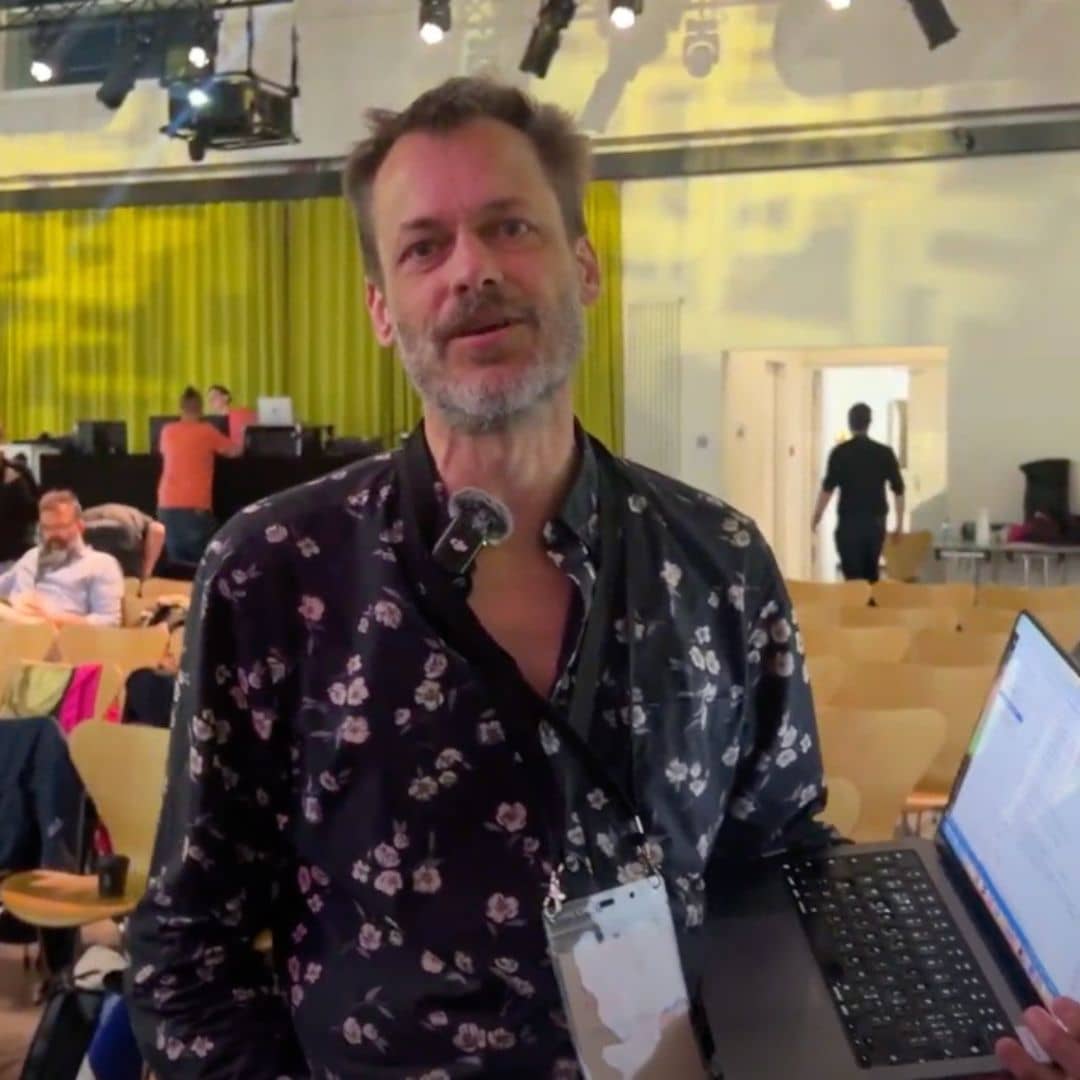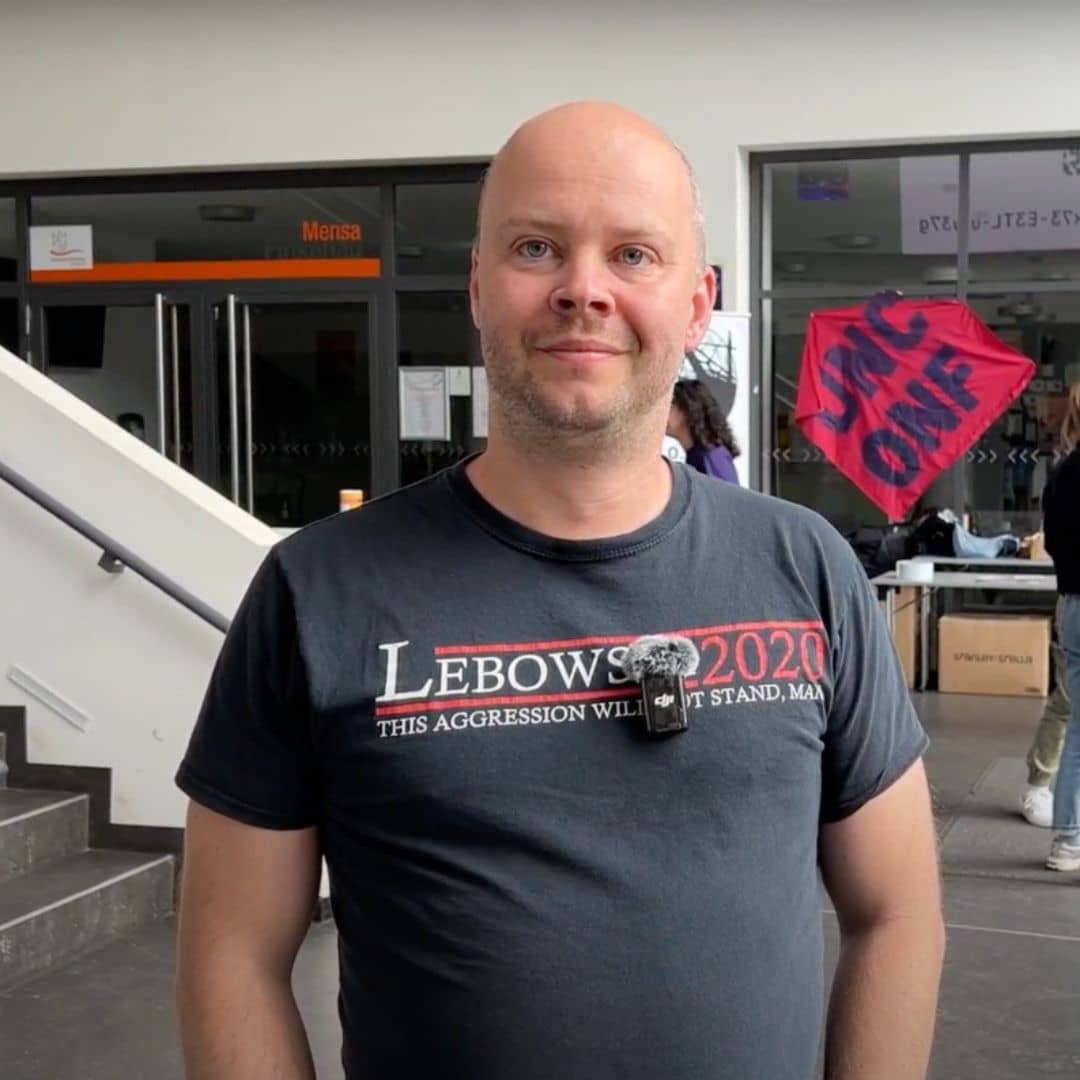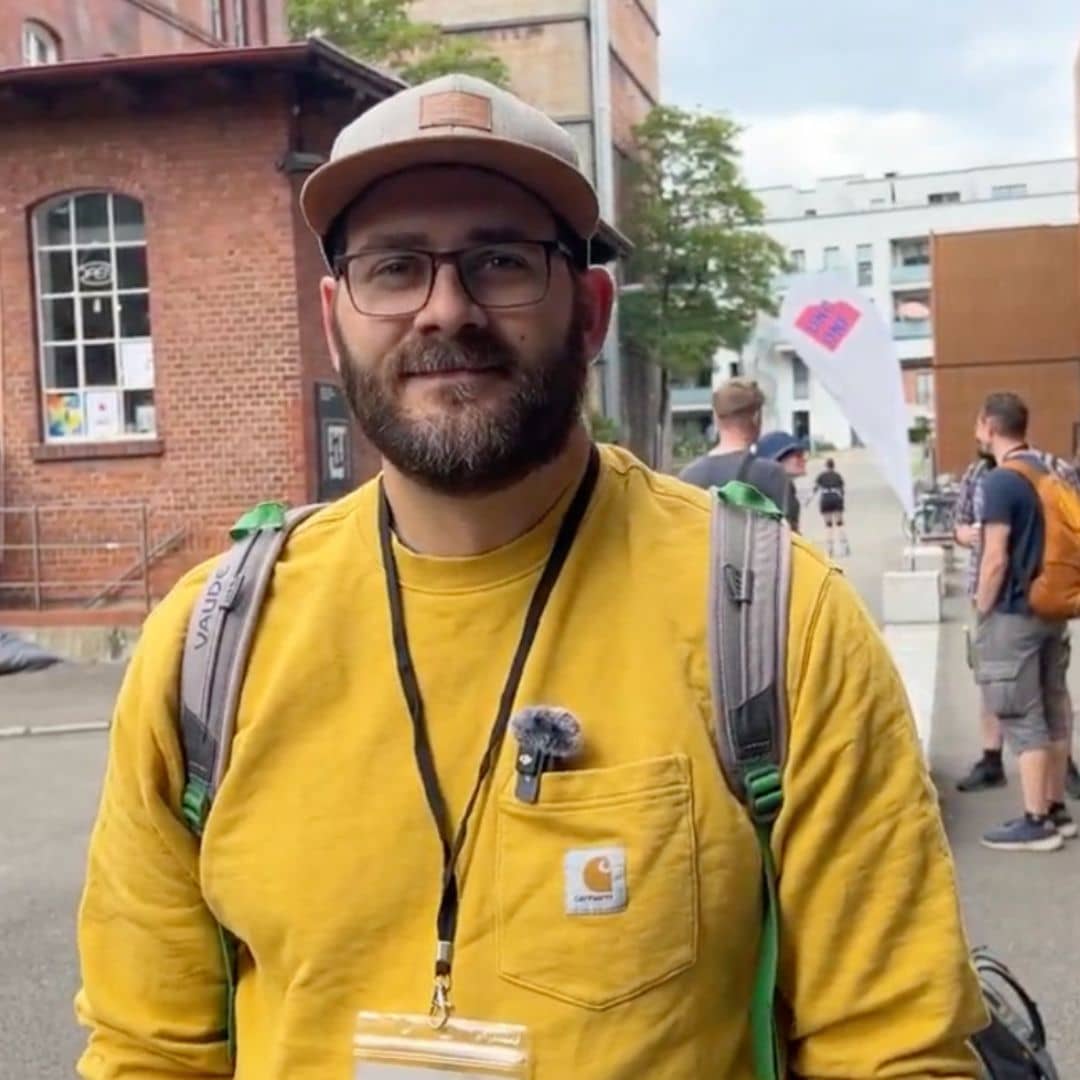What Makes Software Projects Successful? Insights from Senior Developers

In June 2024 I went to two ruby conferences in Europe. Ruby, is a mature language by now. Most attendees were senior developers, architects, and team leads.
The perfect crowd to ask an important question. What makes a project succeed?
My name is Till Carlos. I am here to help software teams work more effectively, and today we look into the success factors of software projects.
Check out the full interviews on my YouTube channel, where I explore these insights in greater detail.
Why this question matters.
I believe, the adaptation to the Anna Karenina principle is true:
All successful projects are alike; all unsuccessful projects fail on their own way.
That’s what experiences project people think.
Lorin Thwaits, @lorint

Key Takeaways: A cohesive team.
Lorin emphasized the importance of a cohesive team. This theme would resurface multiple times throughout my conversations, highlighting its significance in project success.
Moritz Kroger, CTO at Sapiens Germany GmbH

Key Takeaways: No golden rule
Moritz offered a thought-provoking perspective, suggesting that there’s no universal formula for success. He pointed out that even well-engineered projects with great UX can fail if they’re not in the right place at the right time.
Jan Krutisch, @halfbyte

Key Takeaways: Mix of people
Jan stressed the value of having a mix of people on the team. While I’m not entirely convinced that a homogeneous team with a clear goal can’t succeed, it’s an interesting point to consider.
Henning Thies, henning-thies.de

Key Takeaways: Challenge + deadline.
Henning tells a story about an API project for soccer result streaming.
- Having a real, meaningful deadline that everyone buys into
- Facing a genuine challenge that motivates the team
These elements allow the development team to focus their efforts while encouraging product owners to manage scope effectively.
Sebastian Korfmann, @skorfmann

Key Takeaways: Solving a real problem + passion
Sebastian’s most successful project began as a side project. He emphasized two crucial aspects:
Addressing a genuine problem Working on something you’re passionate about
His experience serves as a reminder that impactful projects often start small and grow organically.
Radoslav Stankov, rstankov.com

Key Takeaways: Clear reason for existence, clear scope
Radoslav provided valuable insights on project fundamentals:
A clear reason for the project’s existence Well-defined and realistic scope
He also mentioned the value of time-boxed exploration, like hackathons, for projects without clear initial direction.
Guilherme Carreiro, @karreiro

Key Takeaways: Discipline over quality
Guilherme emphasized the importance of maintaining discipline around quality. While I’ve seen projects succeed despite poor UX, his point about not compromising on quality is well-taken, especially for companies operating at scale like Shopify.
Stephen Margheim, fractaledmind.github.io

Key Takeaways: Keep team small
Stephen made an interesting observation about team composition, suggesting that two full-time senior engineers can often accomplish more than four part-time senior engineers. This speaks to the value of focus and deep engagement in project work.
While there’s no guaranteed formula for project success, these insights from experienced developers provide valuable guidance. By focusing on these areas, we can increase our chances of delivering successful software projects.
Remember, success often starts small. Whether you’re working on a side project or a large-scale enterprise solution, stay passionate, solve real problems, and remain committed to quality.
What factors do you think contribute most to project success? Have you experienced any of these elements in your own work? I’d love to hear your thoughts and experiences in the comments below or on Twitter.
